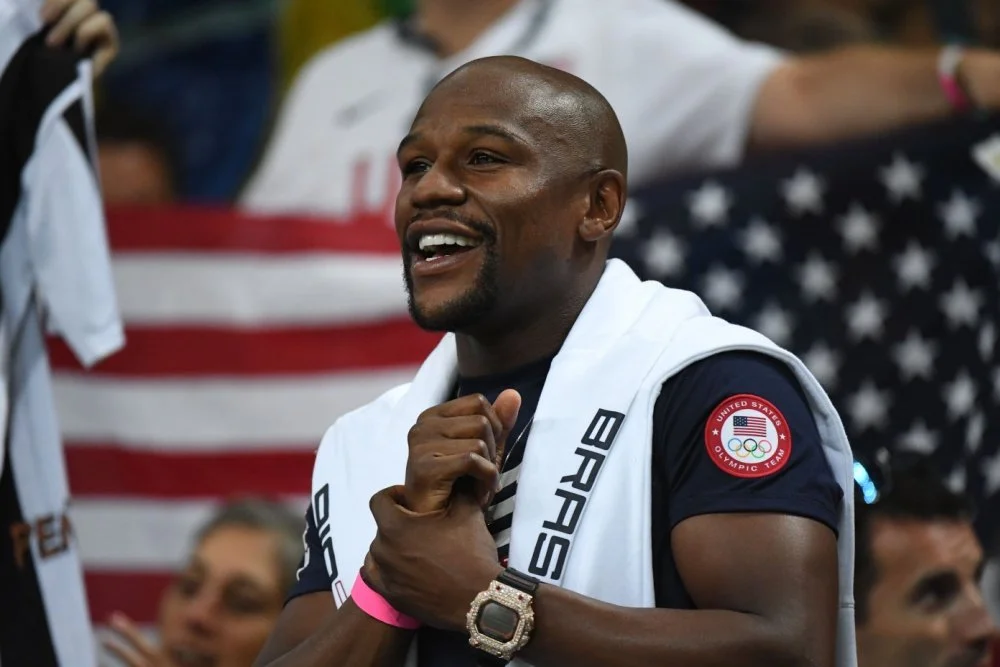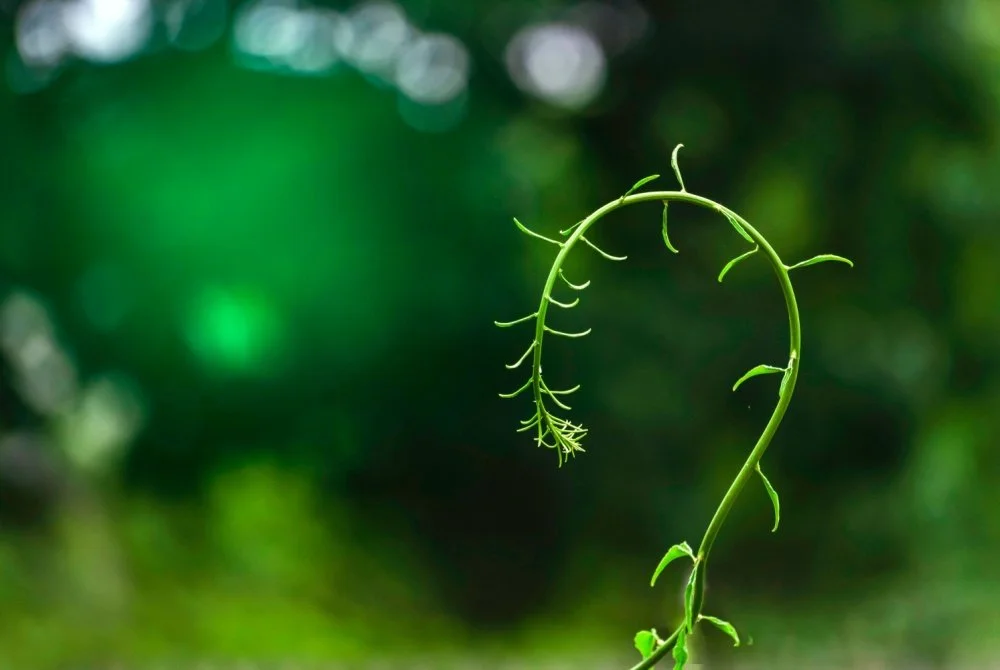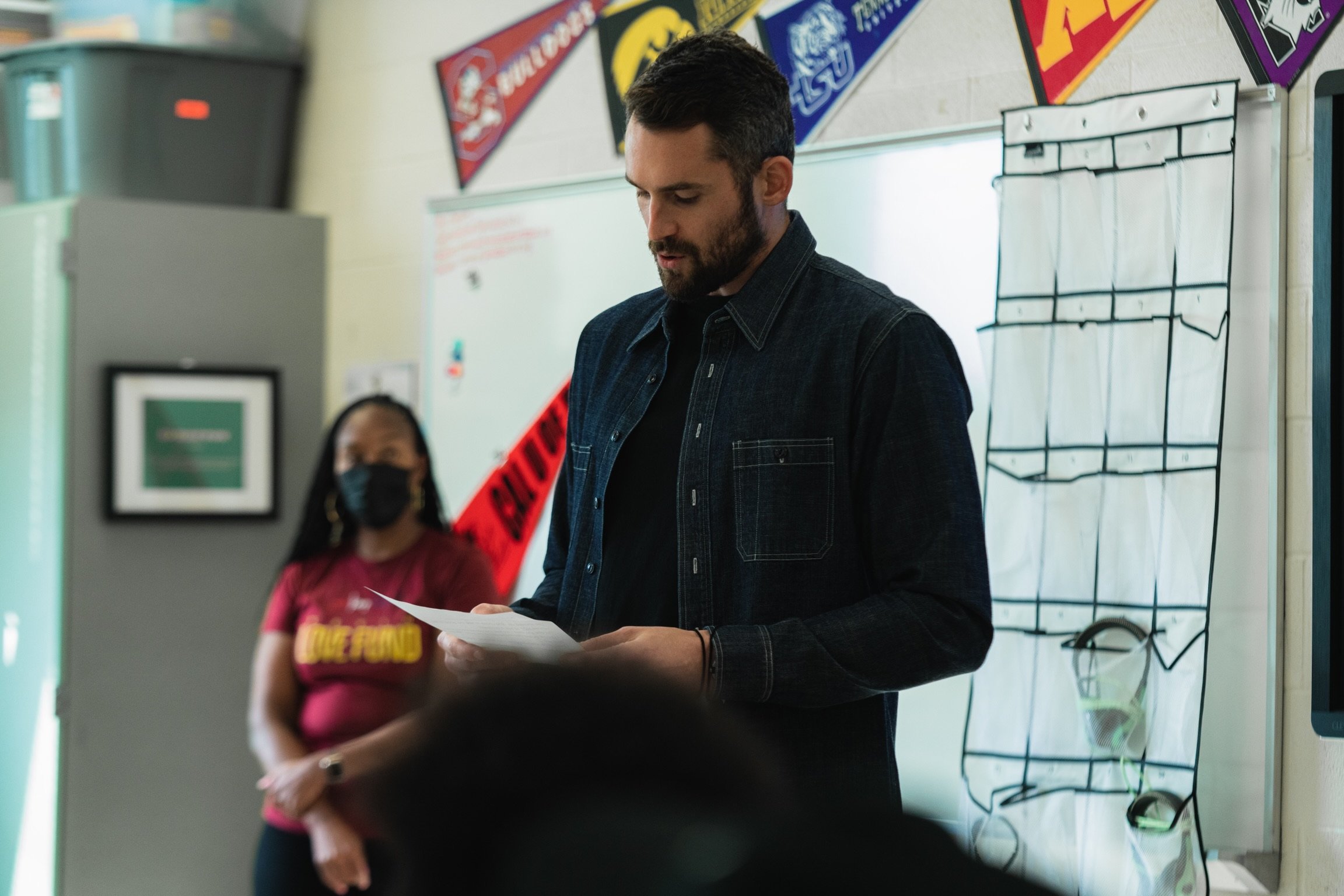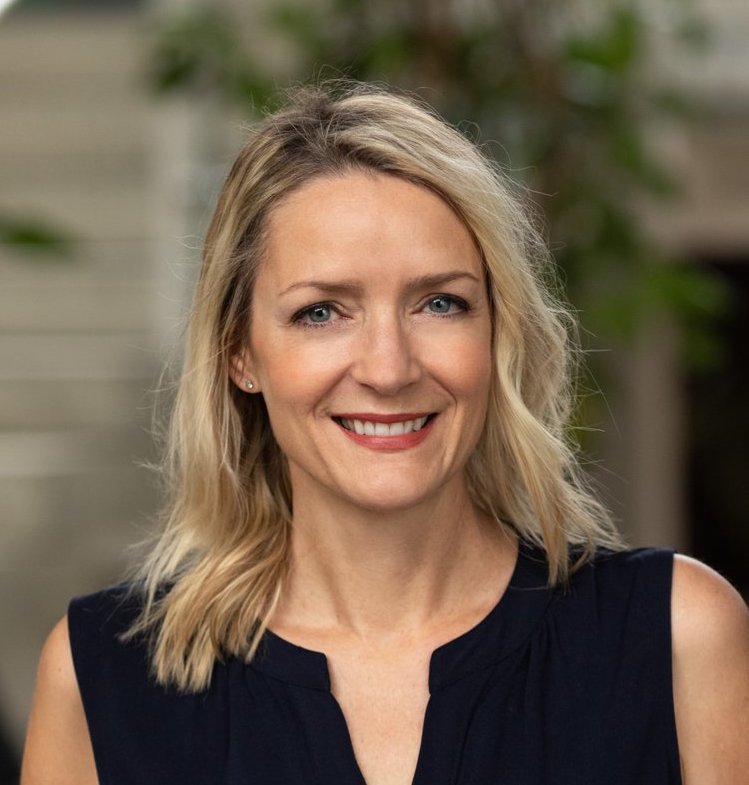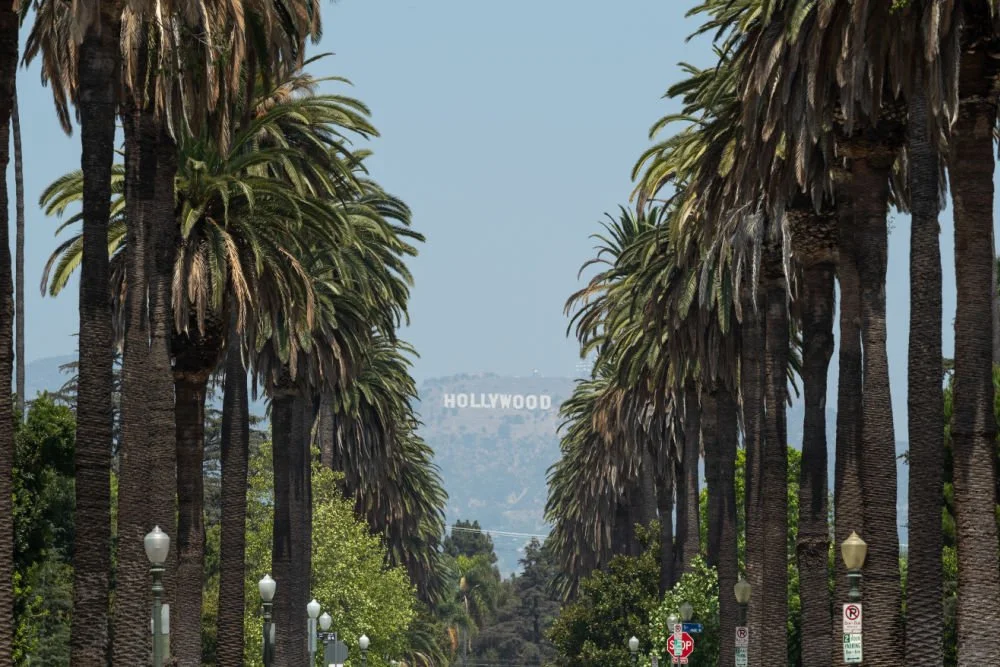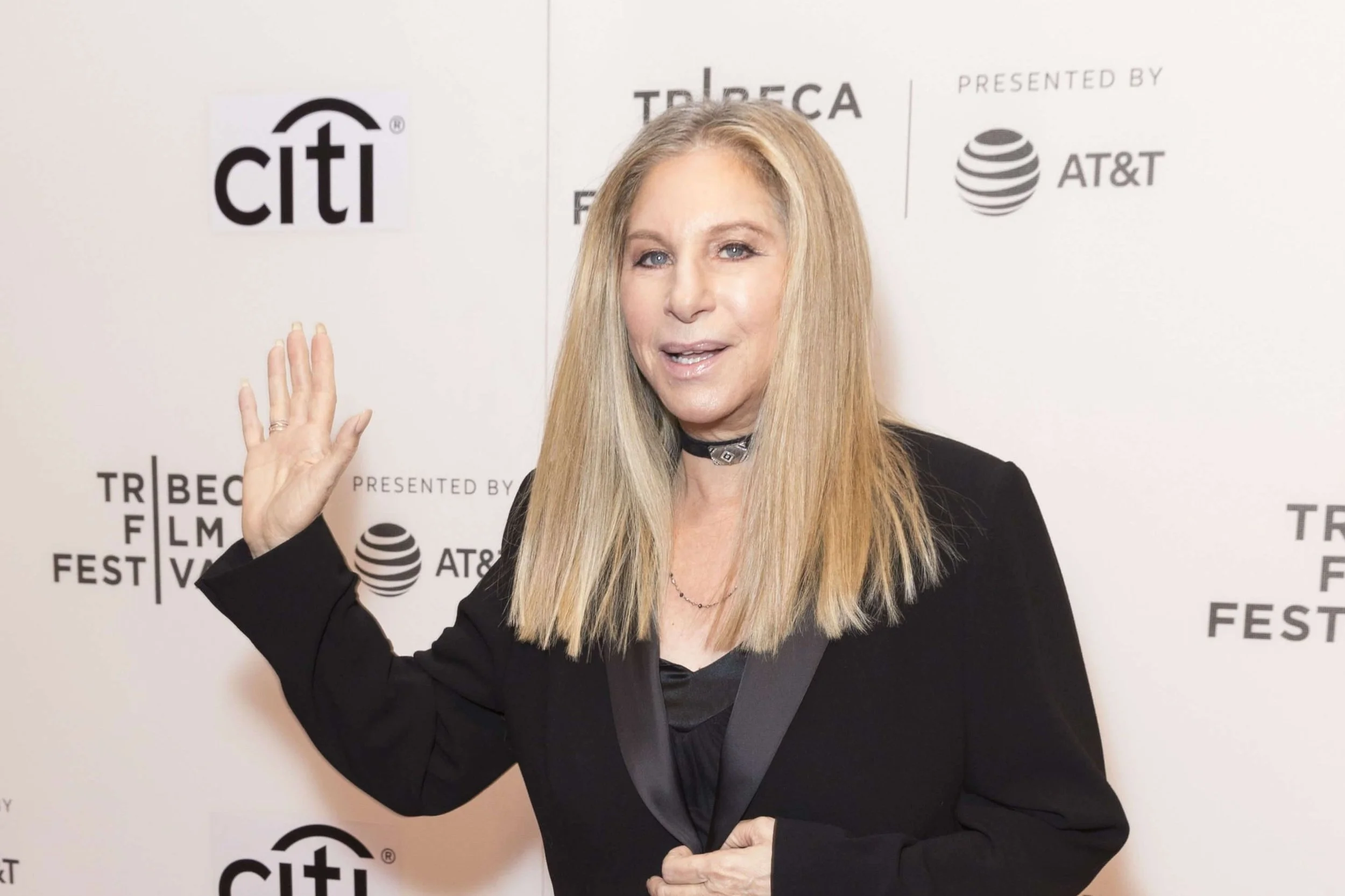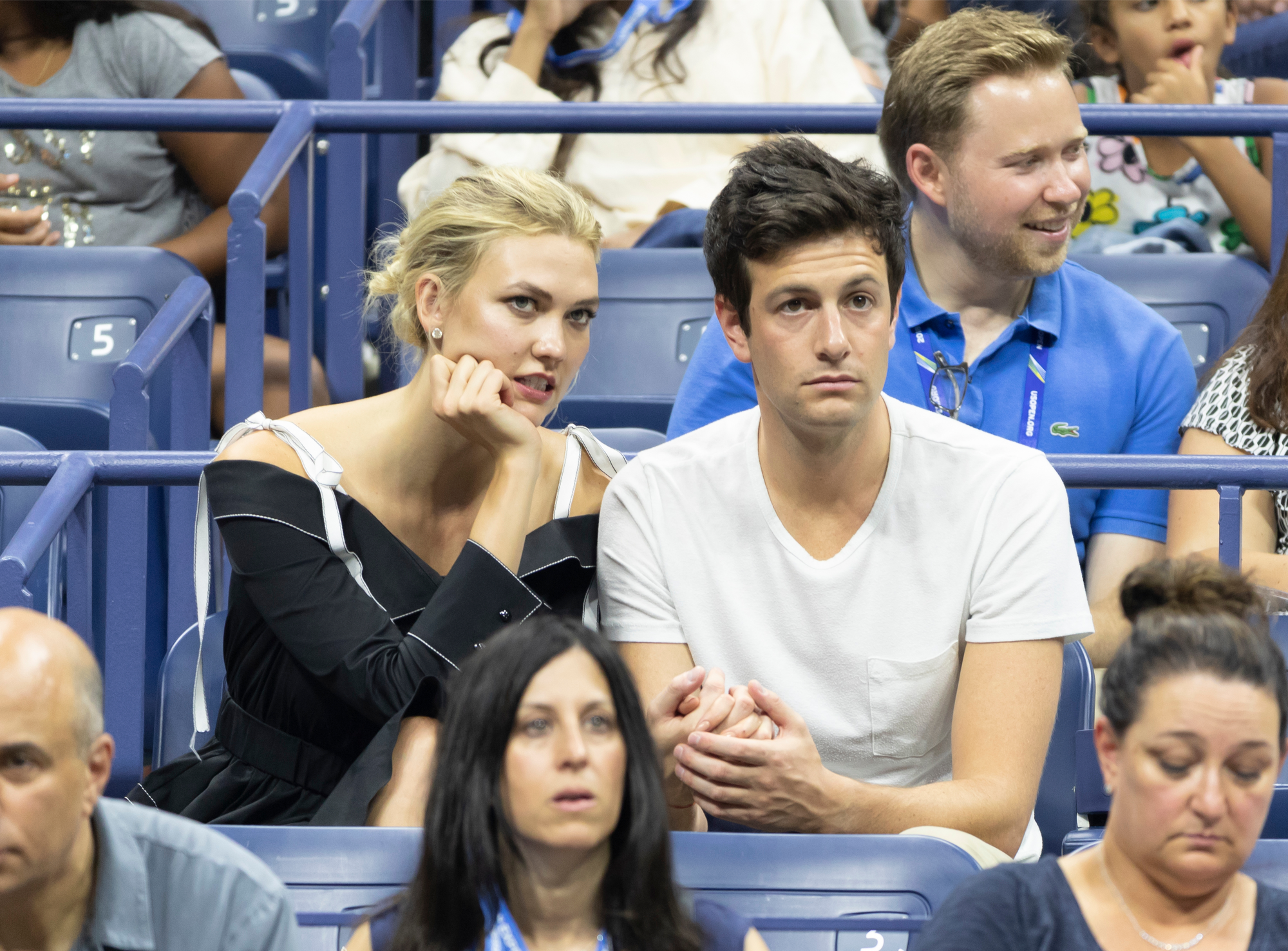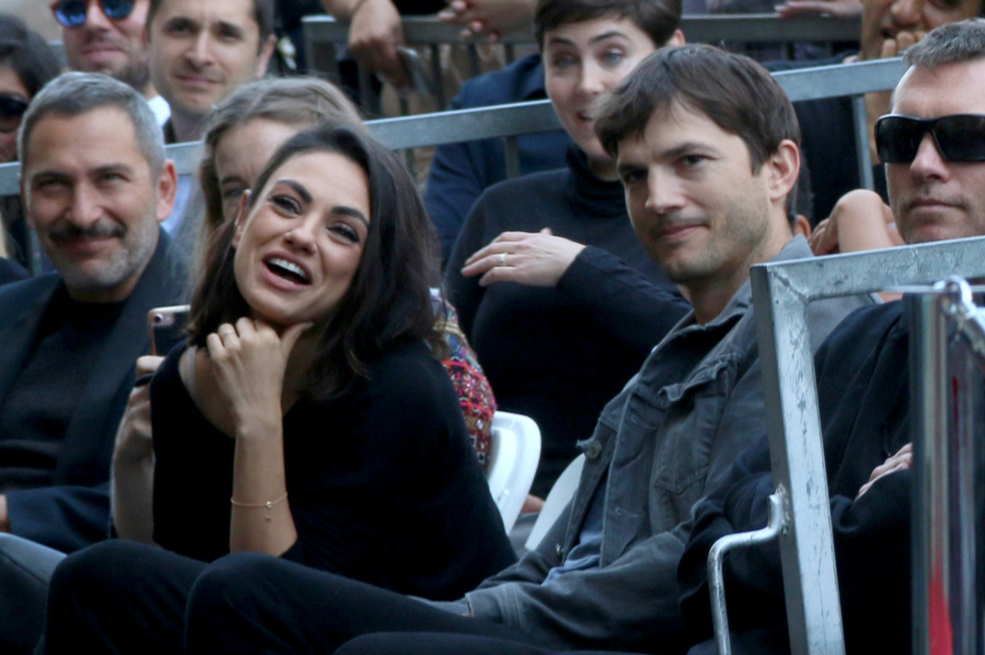Helping With Grit: The Cancer Outfit Leveraging a Powerful Hollywood Brand
/Debra hughes/shutterstock
The Duke, otherwise known as John Wayne, starred in some of America's most beloved Westerns, including The Searchers, Stagecoach, and my personal favorite, 1962's The Man Who Shot Liberty Valance.
"This is the West, sir, when legend becomes fact, print the legend." That newspaper man's line still gets me.
In Southern California, the late actor's name adorns Orange County's international airport. Then there's the lesser-known John Wayne Cancer Institute at Providence Saint John's Health Center in Santa Monica and the related John Wayne Cancer Institute Auxiliary and John Wayne Cancer Foundation.
John Wayne himself succumbed to stomach cancer in 1979 after earlier overcoming lung cancer. The Duke became passionate about helping others fight the unforgiving disease, and the extended Wayne family continues to advocate for cancer research and treatment.
Wayne was a screen legend in an earlier era, before movie stars amassed the kind of large fortunes we often see today, giving these entertainers a new level of philanthropic muscle. But the actor had among the most powerful brands to emerge in post-War Hollywood—one that still has cachet today. The Wayne family has now skillfully capitalized on that brand for over three decades, staying focused on cancer.
John Wayne's son Michael presided over the John Wayne Cancer Foundation, which in 1981, formed what was then known as the John Wayne Cancer Clinic at UCLA. Michael Wayne steered the foundation until his death in 2003.
The John Wayne Cancer Institute Auxiliary, meanwhile, was established by two breast cancer survivors in 1982. The auxiliary's flagship event, its annual Odyssey Ball, raises funds and awareness for the institute's work. In early June, the auxiliary held its 33rd annual Odyssey Ball in Malibu and raised nearly a half-million dollars for cancer research, treatment, and education at the institute. To date, the auxiliary has raised more than $20 million to fund a wide array of the institute’s priorities, including groundbreaking research, important new laboratory equipment and its Surgical Oncology Fellowship Program, which trains the next generation of surgical oncologists.
I recently spoke with John Wayne Cancer Institute Auxiliary president Anita Swift—who just so happens to be the Duke's eldest grandchild—about the Odyssey Ball and the auxiliary's work through the years.
Anita explained to me that the cancer research landscape has really changed over the last decade, and that federal grants have become much harder for many institutions to secure. For this reason, philanthropy, as in many other cases, has stepped in to fill a gap. And unlike a rare orphan disease, everyone has been touched by cancer in some way or another.
Anita says, "Philanthropy has been amazing. We don’t know anyone who hasn’t been touched by cancer in some way, and it really pulls at the heartstrings of people, and it’s something that they can get behind." Of course, Anita herself has a cancer story, and it doesn't just end with her grandfather. Anita tells me that she spent a portion of her childhood living with John Wayne in the San Fernando Valley, and was an adult when he passed, leaving a lasting impression. What's more, Anita's mother and grandmother also died from the disease, and her husband had prostate cancer. "Unfortunately, it runs in our family," she said.
Anita joined the auxiliary board when her mother passed away from lung cancer some two decades ago. And she's been its president for the past six, but reveals that she will soon hand over the reins to current auxiliary chair Martha Harper, who's spearheaded the Odyssey Ball in recent years and also has family who have been touched by cancer. Anita will remain involved with the board and calls the departure "bittersweet but time for someone else’s imagination to go wild."
The John Wayne Institute’s programs focus on melanoma, breast, neuro, prostate and gastrointestinal cancers, as well as innovative research in cancer genomics, molecular biomarkers, and chemo- and immunotherapies. This year's annual ball was hosted by actress Kate Flannery, who starred in The Office and presented football player-turned-author Lewis Howes with the prestigious “Generation of Hope Humanitarian” Award.


